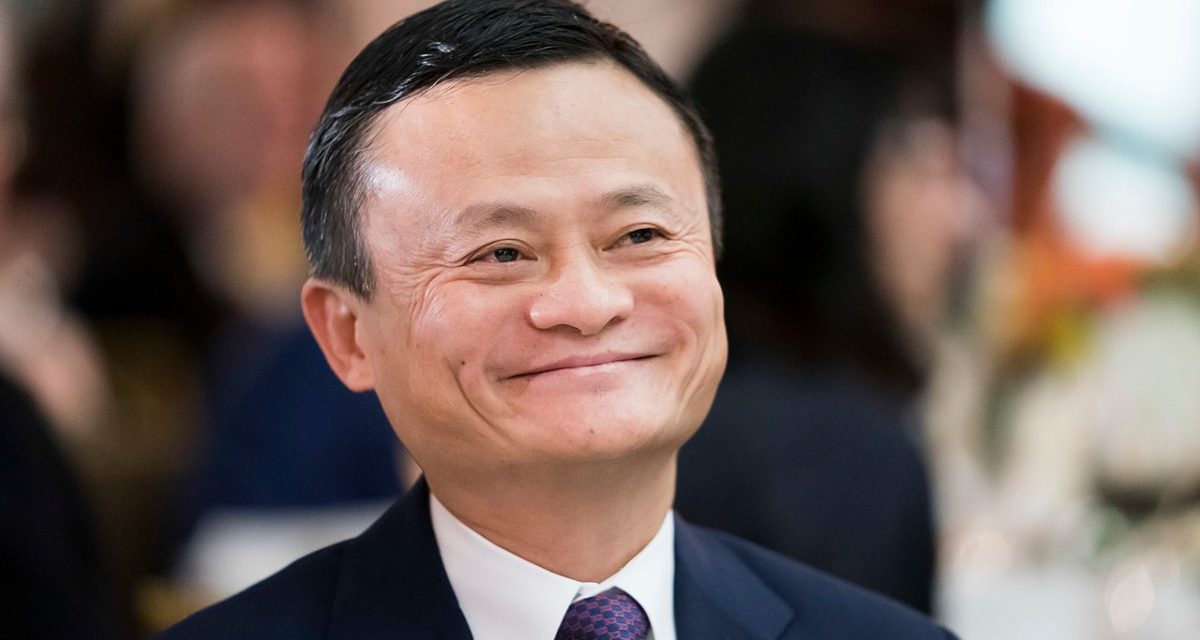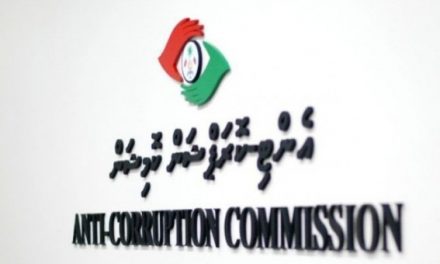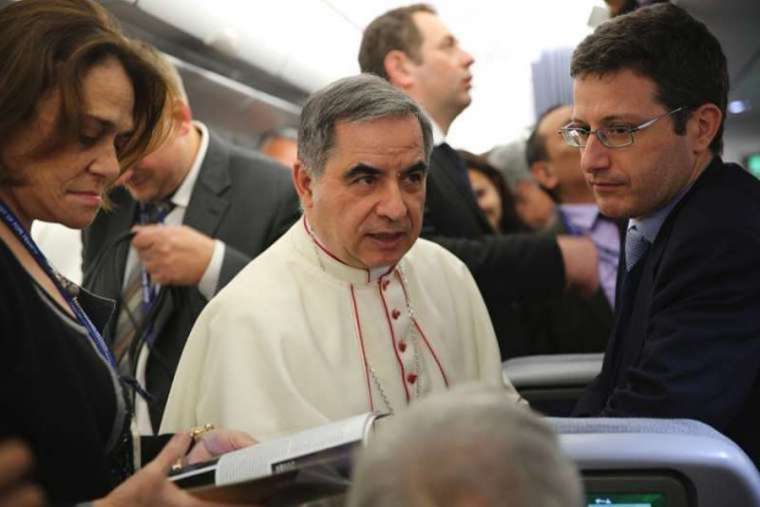Jack Ma
UPDATE:
21 January 2021
Jack Ma is neither missing nor lying low. He addressed a teachers’ meeting on Wednesday (20 January 2021). The video of the occasion went viral in the media. This resulted in Alibaba Group Holding shares going up by 11%, the biggest rally in the past 6 months. Jack Ma’s wealth went up by $63 billion.
The annual teachers meeting is the perfect setting for Jack Ma to appear in public, giving him the picture of a humble teacher once he was, as opposed to a haughty entrepreneur. The video shows that he is not in prison nor banned from appearing in the public. We can also assume that he is fully cooperating with the authorities.
This may also indicate that his companies may have reached a settlement with the government with regard to the antitrust issues. However, this is unlikely because antitrust is a complex issue involving many organisations that are not owned by Jack Ma.
We have to wait to know about the fate of Ant Group’s IPO.
Source: Bloomberg
*************
13 January 2021
Jack Ma, the founder of Alibaba and Ant Group, has not been seen in the public after this speech on economic reform at the Bund Summit. This has given rise to the speculation that he has been taken into custody by the authorities in China. CNBC reported that he is not missing, but just laying low.
Hong Kong’s Apple Daily newspaper published an English transcript of his speech here.
However, shortly after his speech, Ant Group’s initial public offering (IPO) was suspended by stock exchanges in Shanghai and Hong Kong. Regulators instructed Ant Group to restructure its operations to adhere to new anti-monopoly rules. This exercise will shave billions off its valuation. This IPO set to raise US$37 billion, is said to be the biggest IPO in history.
In anticipation of the IPO the Ant Group raised some $9.12 billion from more than 10 million individual retail investors who had sought a piece of the IPO. Now the group is offering full refunds to those investors. This pre-IPO investment enabled investors with insufficient capital to invest directly in the IPO. On Shanghai’s STAR Market, investors are required to have at least $75,000, in their stock accounts to trade on the market. The financial institutions involved in the offering have requested the regulator to set aside the 18-month lockup requirement so investors can choose when to exit.
Chinese Vice President Wang Qishan in his opening speech at the Bund Summit stressed that principles of security, mobility, and effectiveness, security will always be the top priority for finance sector. He noted that the new innovations in the financial sector in recent years posed higher risk. He said the innovations are ideal but they should not be unrealistic. Wang was anti-corruption czar and trained in finance. He was Governor of the China Construction Bank and at the height of the Asian Financial Crisis, he assisted Guangdong in managing non-performing loans of various state owned enterprises in the province.
Ma’s case is very much different from Ren Zhiqiang who ridiculed and criticised Xi Jinping for miss-handling of coronavirus outbreak. After his essay he was sent to jail for 18 years. He called Xi a clown.
But Ma crafted his speech carefully. Ma lashed out at President Xi Jinping’s campaign to control financial risks, saying it stifled innovation.
The regulators had voiced their concerns about Ant’s business model. At a meeting with regulators Ma even offered to hand over parts of his financial-technology giant, Ant Group, to the Chinese government, according to unconfirmed sources. But this was not enough to save the IPO.
Jack Ma claims that Ant Group is more of a “techfin” company rather than a “fintech” outfit. Techfin companies enjoy looser regulations than fintech companies. Because of this lack of regulations, Ant Group was able to show jaw-dropping growth rate since 2004. According to Ant’s IPO prospectus its revenue was $18.15 billion in 2019, with a net profit of $2.7 billion. That profit forms the basis of its soaring market value.
Ant Group’s business model is not much different from traditional banks. It takes deposits and make loans sometimes jointly with banks. There is no reason why the leverage ratio applied to the banks should not be applied to Ant Group. Non banking sector in China is highly leveraged. So is Ant Group.
Other fintech companies, such as JD Finance, Didi Finance, and 360 Digital, are based on similar business models. These companies operate and profit in an uncertain regulatory environment. Their business model is not sustainable. Regulators are worried about this. The authorities have put in place a new financial supervisory framework. During a financial crisis there will be loan defaults affecting the banks. Only banks that have strong financial strength will be able to withstand loan defaults. Highly leveraged financial institutions like Ant will not be able to survive a financial crisis. If that happens tens of thousands of depositors will be left in the lurch. This is what the banking supervisors want to avoid.
Under the new framework these fintech companies cannot make huge profits as in the past. That is why Ma wants to make the IPO before the new regulations make the profits fall.
Under the proposed regulations capital contributions shall not be less than 30% of the loans exposure. Ant Group and other fintech companies will also be subject to similar supervision as a traditional bank. The new regulation levels the playing field for fintech companies and traditional banks.
On balance regulation of Ant Group is good news for potential investors and depositors.
Sources: CNBC. The Diplomat, Appledaily, Time, ThinkChina, Nikei Asia














